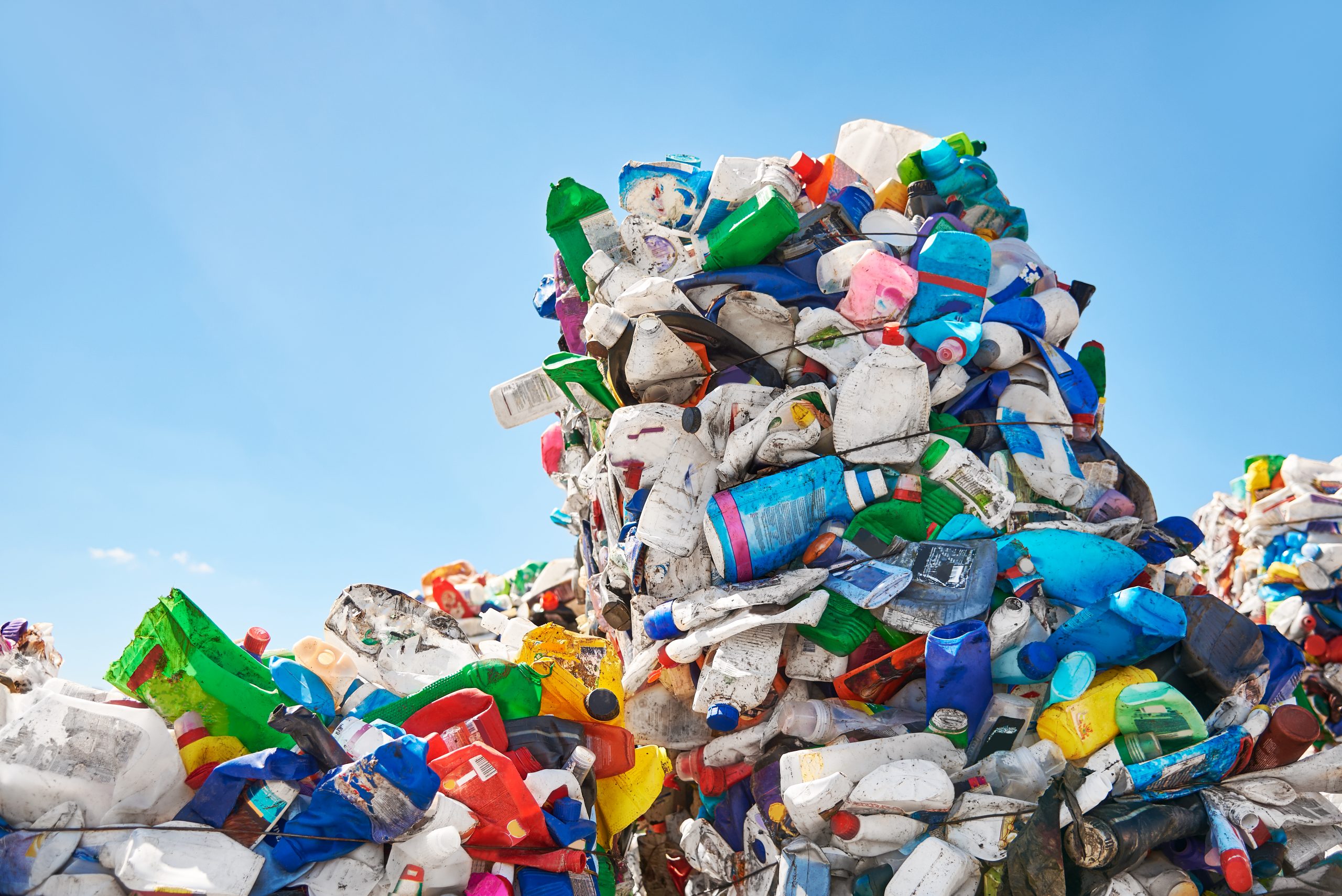03 Mar A new roadmap to zero plastic, are you ready?
By Julia Hoy
The transition away from plastic will take time, money, and education. Yet the pressure on companies to make a speedy transition is mounting. Plastic waste is a top environmental concern for Australian consumers, and we are about to see additional pressure as a global treaty to set the world on a pathway to zero plastic is negotiated.
The winners in the zero plastic race will be the innovators that are already minimising or repurposing waste and, for consumer-facing companies, educating consumers about their role in the circular economy. Slower movers will risk the loss of capital, consumer boycotts and the threat of what advocates are calling for, a tax on virgin plastic.
Plastic overload
More than eight million metric tons of plastic waste enters our global waters every year, according to Kristin Hughes, Director of Global Plastic Action Partnership (GPAP). This is the equivalent of a rubbish truck full of plastic being dumped into the ocean every single minute. The UN predicts that if we don’t slow or stop the production of plastics, by 2050 there will be more waste than fish in our oceans. Indeed, the continued growth in plastic pollution has been called a ‘deadly ticking clock’.
Addressing this emergency will be top of the agenda at the United Nations Environment Assembly (UNEA) later today in Nairobi, and it is expected that a global treaty will be created to set the world on course for zero plastic pollution. This will set the common standards that businesses now lack including definitions and reporting metrics across different countries to deliver progress faster.
Talking plastics
Working towards a zero plastics economy is not just about policy and operational changes, it is also about educating people to use products and materials more sustainably across the value chain.
This will be a steep learning curve for many. Communications will need to be supported by clear labelling of packing and reinforcement for action. For example, in Australia it is not easy to know what to look for on packaging, how to sort the different types of plastics and where they need to go to be recycled.
Research also shows that people say they are more sustainable than they are. This is called the ‘say-do gap’. Bridging this gap will be one of the many challenges companies will face. Better understanding the barriers to recycling and motivating people using nudge theory and other behavioural techniques will help achieve more successful outcomes.
The UK’s Recycle Now is a recycling campaign that uses social norms from nudge theory. This idea capitalises on people’s desire to fit in with others and on their susceptibility to the way information is framed. Put simply, we are all influenced by what others do or what we think they do. The campaign uses normative messaging to make people feel like everyone else recycles and therefore they should too.
For companies who want to take a lead by acting Top three tips for companies looking to lead the way on plastics communication
- Don’t just inform, motivate action. With the important role consumers need to play in society, companies that can focus on shifting behaviours will play a more meaningful role and have greater success. Put behaviour change theory at the heart of the communications strategy.
- Focus on hope over fear. A world movement towards zero plastic is empowering and positive and should be positioned as such to avoid people turning off. Use your communications to demonstrate how individual actions make a big difference.
- Making the invisible visible. It’s not easy to imagine the process that begins once our recycling is taken away. Be creative and help people visualise the intangible and understand the impact of their efforts.


